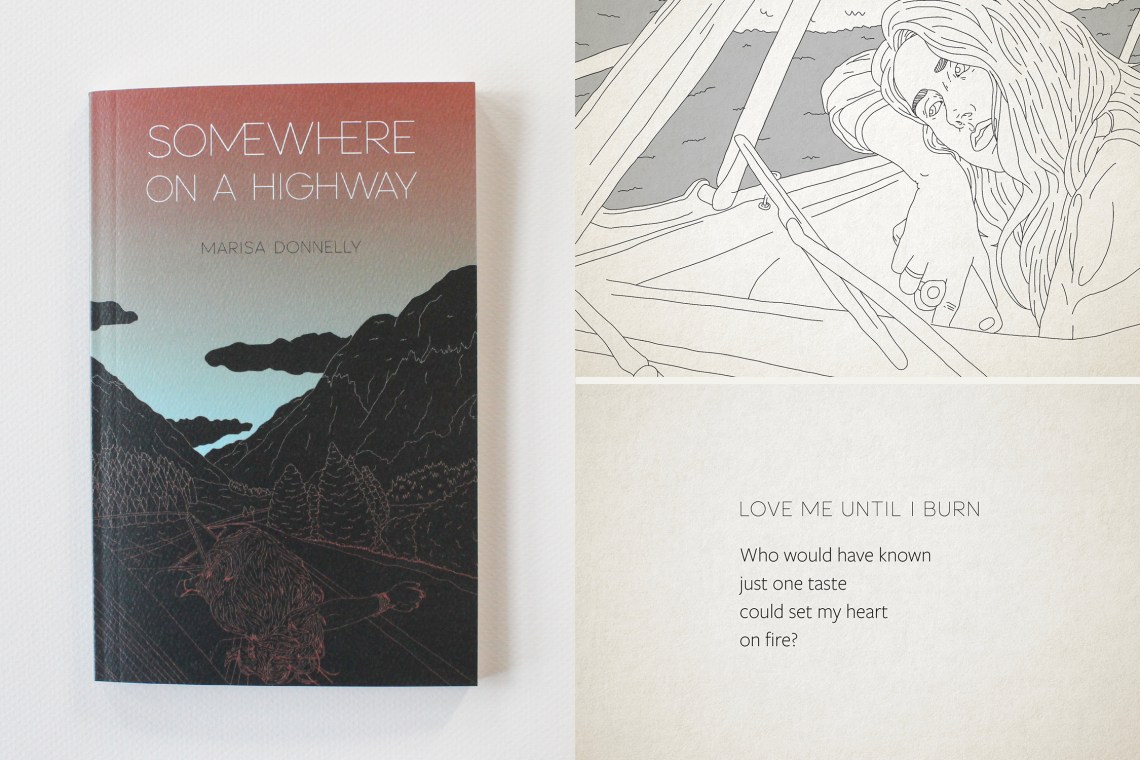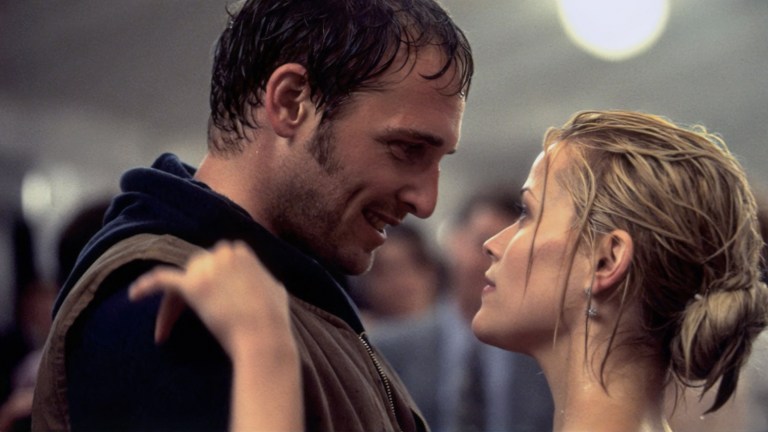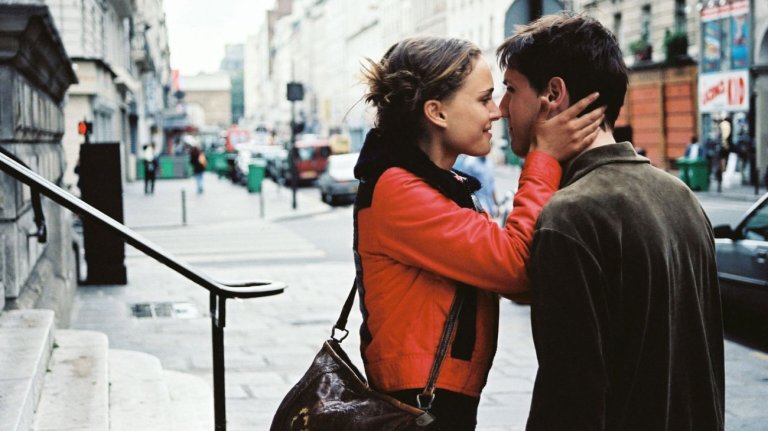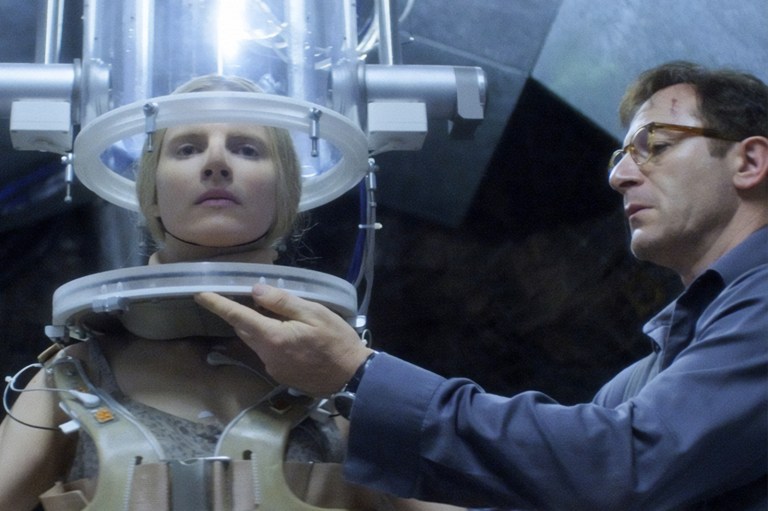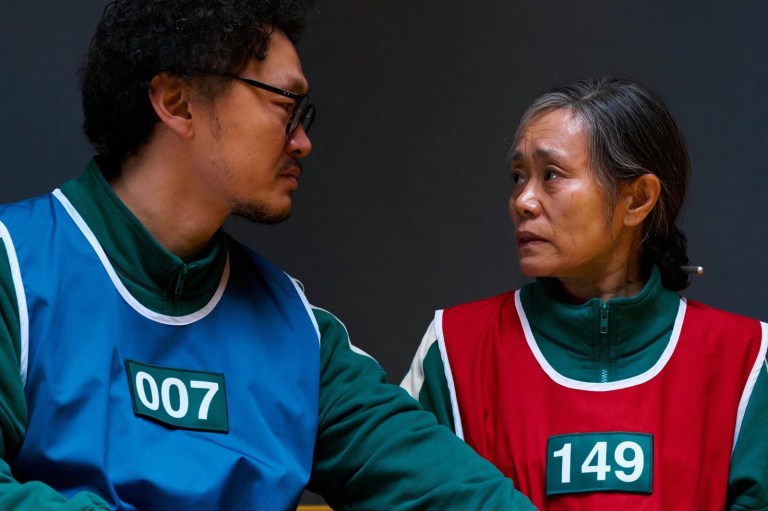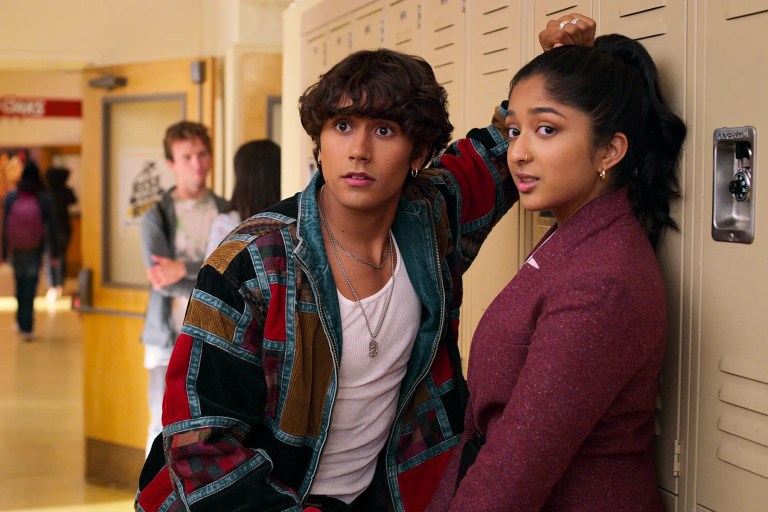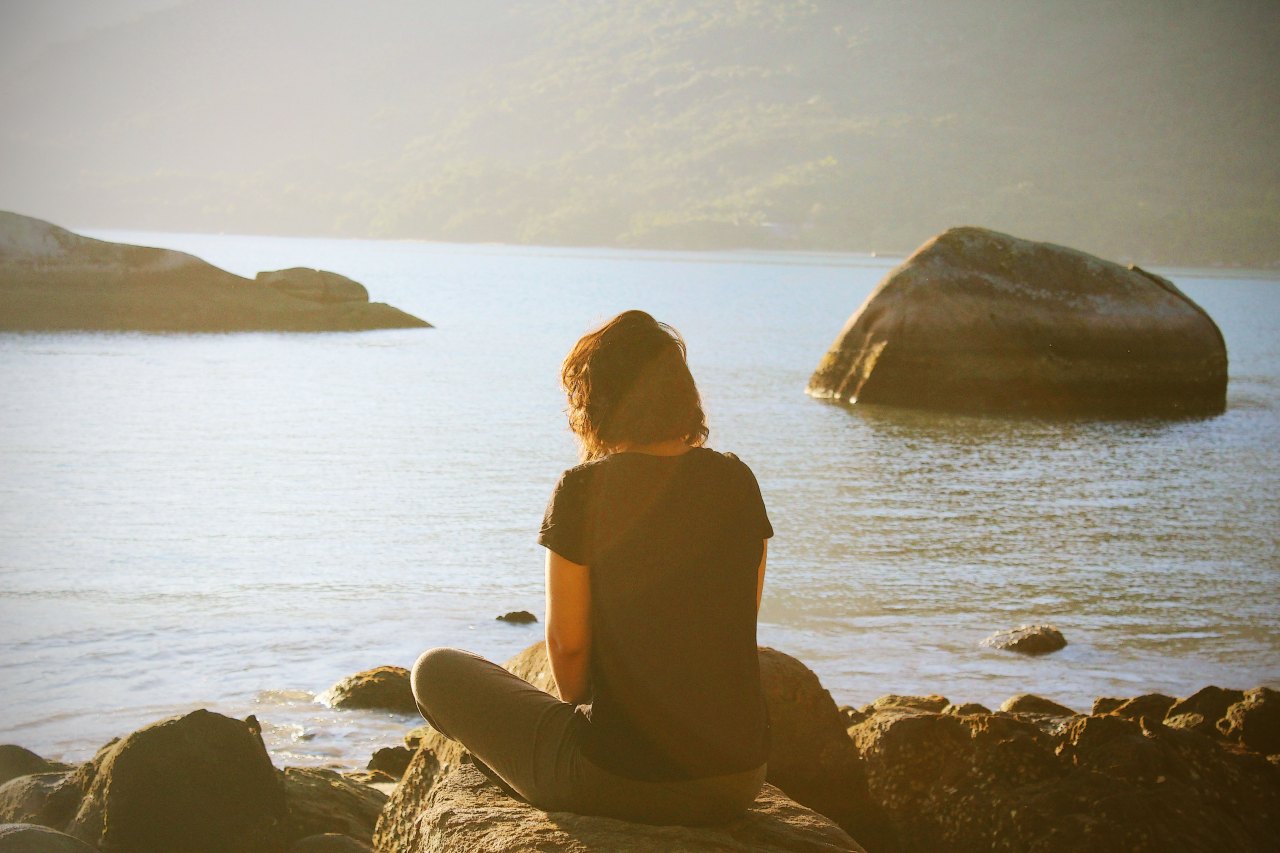
Why Are We So Afraid To Live Until It’s Too Late?
Why is it that we don’t know how to live until we’re close to dying, until we get the diagnosis that changes everything, until we lose someone close to us and realize how much we’ve taken for granted?
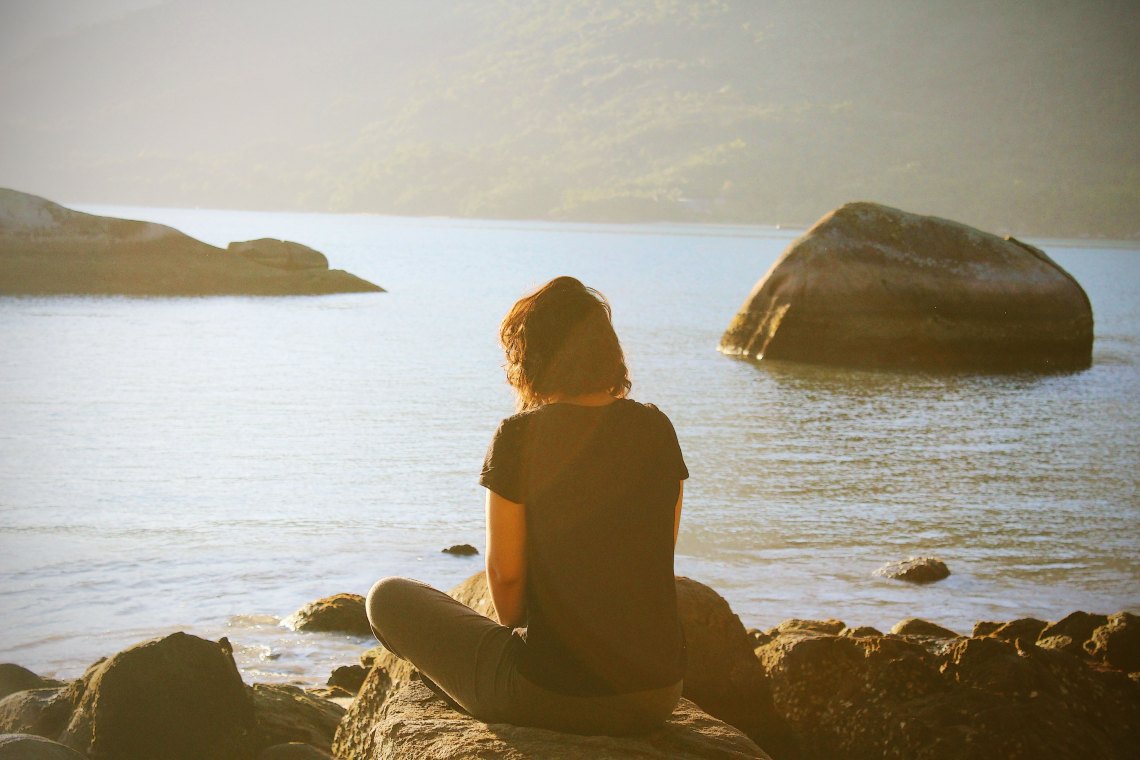
“It’s only when you have a near-death experience that you truly learn how to live,” he says to me, sitting back on his hands.
I nod and we both turn to look at the lake’s breathtaking blue water, the way it sparkles in stark contrast to the snow-capped mountains in the distance, our silence bridging the gap between us.
I’ve just met this man—a friend of my friend’s boyfriend, who suffers from epilepsy and has nearly died from frequent seizures more than once. A good chunk of his skull is made of metal; he tells me this with a short laugh, twisting his long hair into a ponytail.
From just looking at him, you wouldn’t be able to tell. He looks normal, acts normal, can make anyone laugh with ease, lifts weights, dances like a professional, eats a small army’s worth of food, and can tell stories that I get lost in. He’s refreshingly unique, and yet, he’s just like anyone else. Except his days are more numbered than most.
“It’s the little things,” he says, turning to me, “You know?”
He sighs and runs his hands through the hair at the top of his forehead. I resist the urge to touch, to feel the metal plates beneath my fingertips.
“Amen,” I say. He’s right. He’s absolutely right.
Why is it that we don’t know how to live until we’re close to dying, until we get the diagnosis that changes everything, until we lose someone close to us and realize how much we’ve taken for granted?
It really is about the little things—the laughter, the kisses, the hands we hold, the steps we take, the moments where we don’t say anything, but quietly enjoy someone else’s company.
We fall into silence again, watching children dance in the little waves on the Lake Tahoe shoreline and listening to the mix of yells and laughter and speakers from different campsites, playing country and hip hop and rock music at varying volumes.
As we watch people go about their lives, I can’t help but think about this man’s life, about how, even in facing a constant unknown of whether he’ll wake up the next morning, he chooses to live with a smile on his face. He chooses to let people in, to love, to be silly, to share his story, to be as much of a ‘normal’ person as he can in the time he has left.
I can’t help but be inspired by his strength, his resilience, his forging ahead in positivity, rather than fear.
Why do we so often forget that this is how we’re supposed to live?
“You never know how much time you have left,” he says, flipping onto his stomach on his towel, letting the July sun warm his back. I don’t say anything in response, but I mull over his words in my head.
We don’t know when our next breath will be. We avoid the inevitable in any way that we can. We don’t want to die. We’re scared of the end, but the thing is, we were never guaranteed an eternal human existence. We were never promised a certain number of days.
So why do we waste them?
Why do we so often forget to tell the people we love that we love them until it’s almost too late? Until something catastrophic happens and we’re faced with regret at our unspoken words?
Why do we not chase dreams, people, plans, purpose until we realize we don’t have forever to do so? Until we’re told we, or someone close to us, no longer can?
We’re so afraid to die that we forget how to live.
We forget that it’s okay to believe in things bigger than ourselves, it’s okay to love without fear, it’s okay to get drunk with friends and wake up with a massive hangover, it’s okay to spend too much money on something you really want, it’s okay to speed up, to slow down, to change directions, to celebrate this life we’re living until we can’t anymore.
We forget to squeeze every second out of our days, to live with a fierce passion for the memories and people we encounter, to appreciate the little things, little blessings all around us.
And why?
Why are we so afraid to live until it’s too late? Until we’re faced with the painful, yet liberating realization that our only obligation is to make the most of the time we have left?
This man doesn’t have forever. And yet, he can make the entire room of people laugh with a simple joke. He can change the mood of a day from negative to positive. He can, and is, teaching me that there is so much more I can be getting out of life if I choose to focus on what I have and grab ahold of it with both hands.
We fear death, but why? Maybe instead of fearing the end, we should fear that we aren’t getting the most out of the time we have when we’re alive.
Maybe it’s not about measuring and recording the time we have or have left, but instead giving that time value, letting each day burst with so much wonder and appreciation and happiness we won’t look back on our lives with regret. And we’ll rest on a towel in the sun, smiling at the sheer beauty of a silent, simple moment with a stranger, both reminded of the little things, and how lucky we are, here, right now—breathing, being. ![]()
